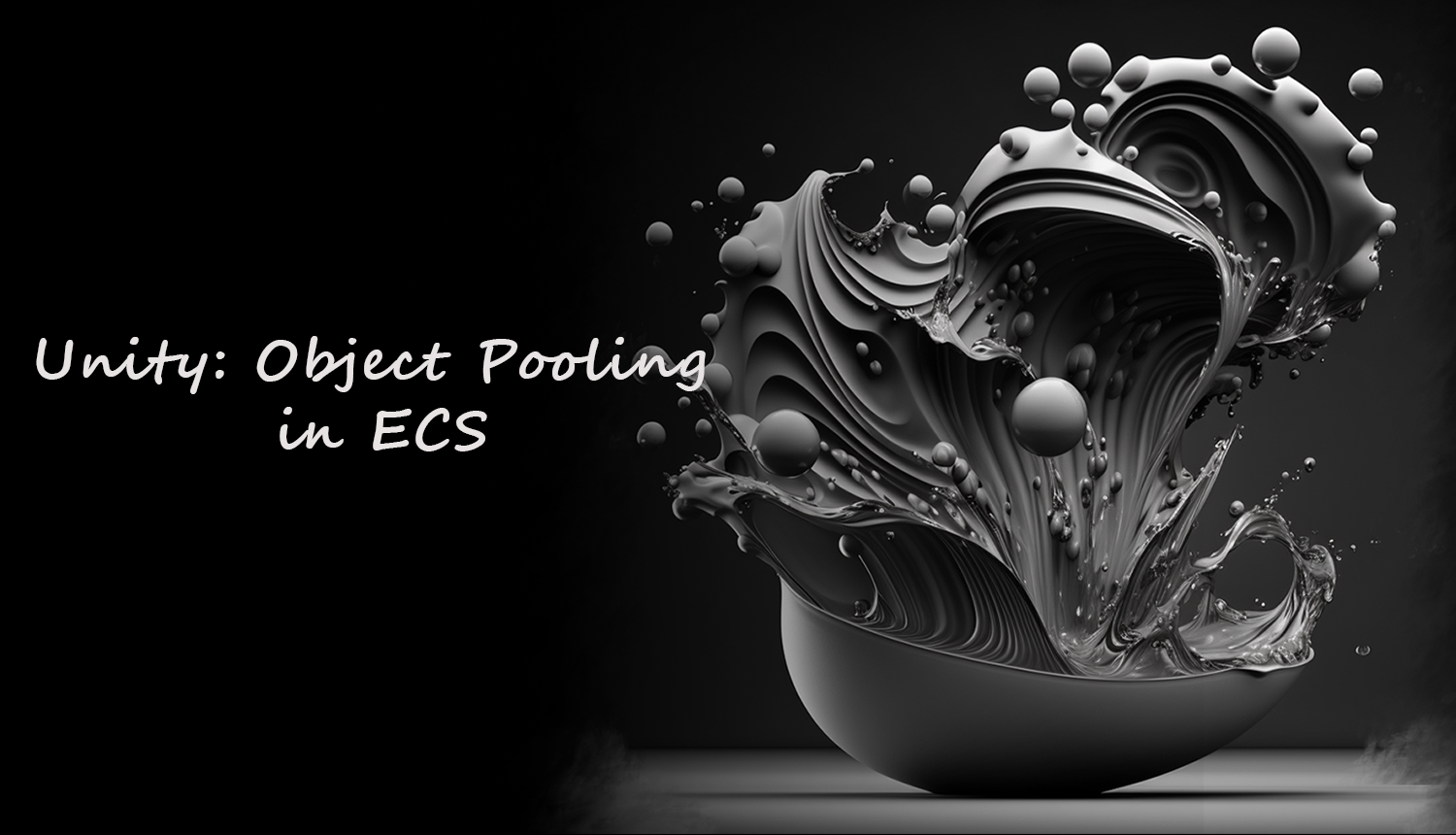
Unity: Object Pooling in ECS
The DOTS system, including the Unity Entity Component System (ECS) and the Burst compiler, provides a more performant way to handle and manipulate large amounts of data.
However, good ole’ object pooling can still provide additional performance benefits by reducing the overhead of creating and destroying objects during runtime.
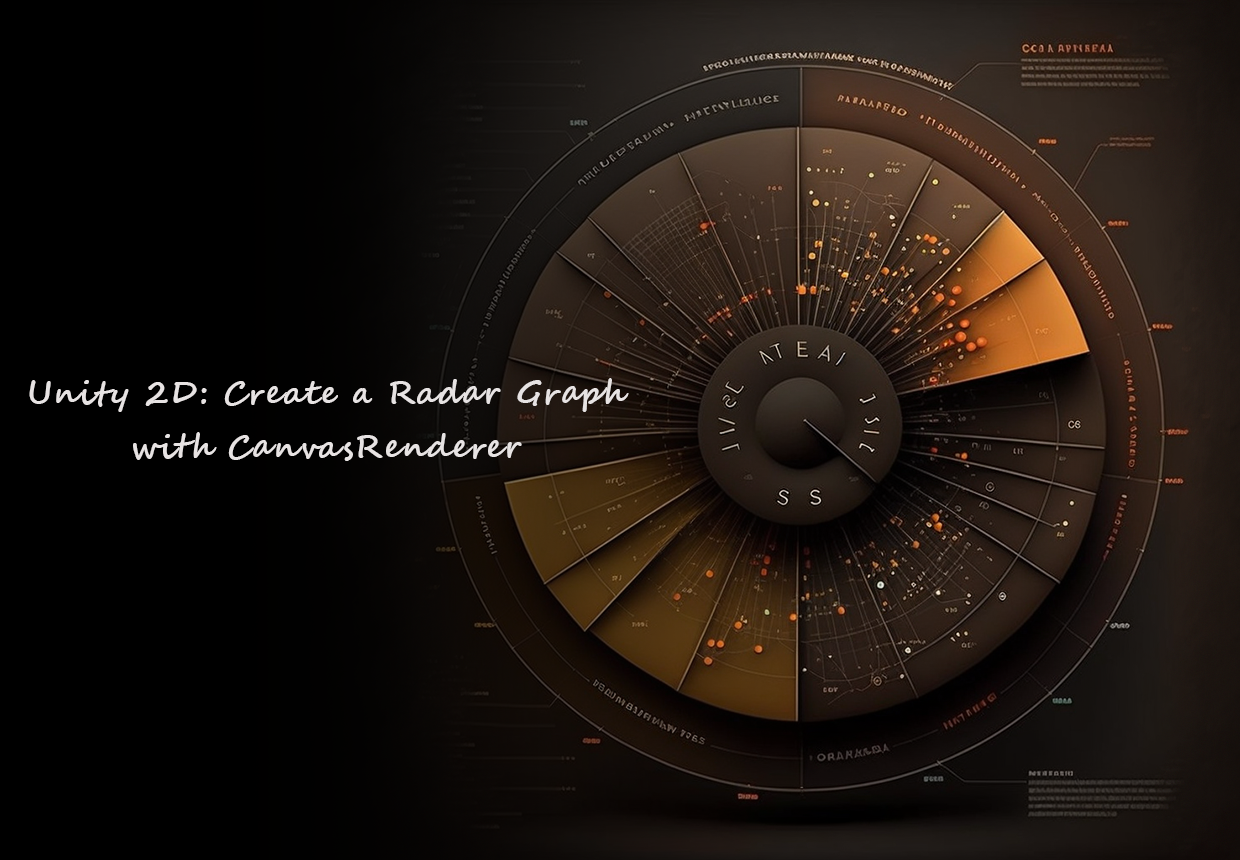
Unity2D: Creating a Radar Graph
Recently, I had a thought about what it might be like to create a visual representation of progress between different stats on a graph. This was not necessarily out of the blue, but because I needed to do so for a project I’m working on in my spare time.
There are a number of different types of graphs out there that could have achieved this, but I was most interested in the technical challenge of a Radar Graph
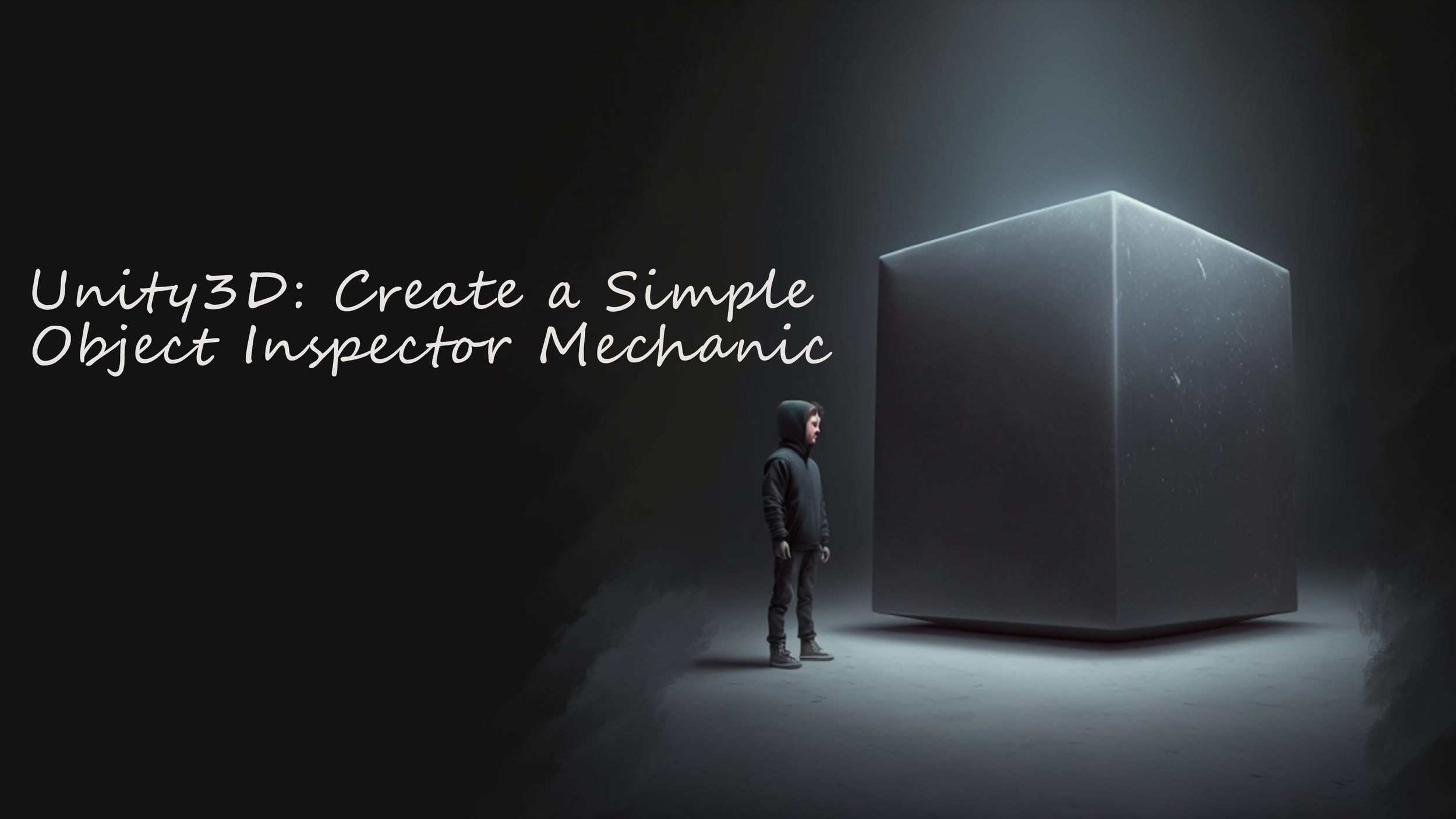
Unity3D: Creating a Mechanic to Inspect Objects in World Space
Recently I started coding systems for a “Backrooms”-like horror game about mental health issues. The game is in Unity, and required a system that is all too familiar in these horror games: to be able to pick up any object, and rotate it so you can inspect every inch for clues!
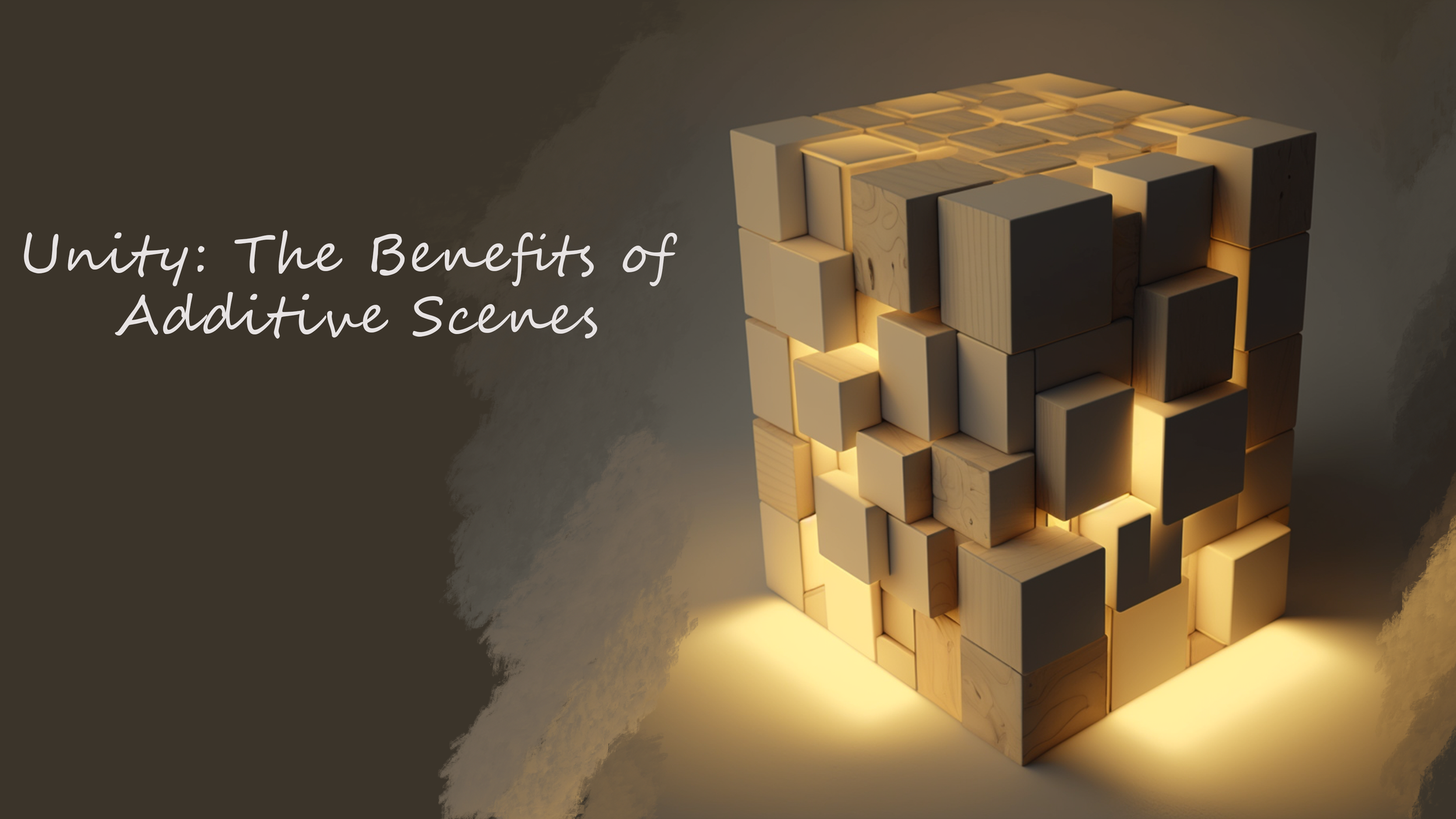
Unity: The Benefits of Additive Scenes
Additive scenes in Unity provide a number of benefits for working with a team, particularly when it comes to organization, reusability, and avoiding conflicts in work. In this post, we'll take a look at what additive scenes are, the benefits they offer, and how to properly use them in your Unity projects.
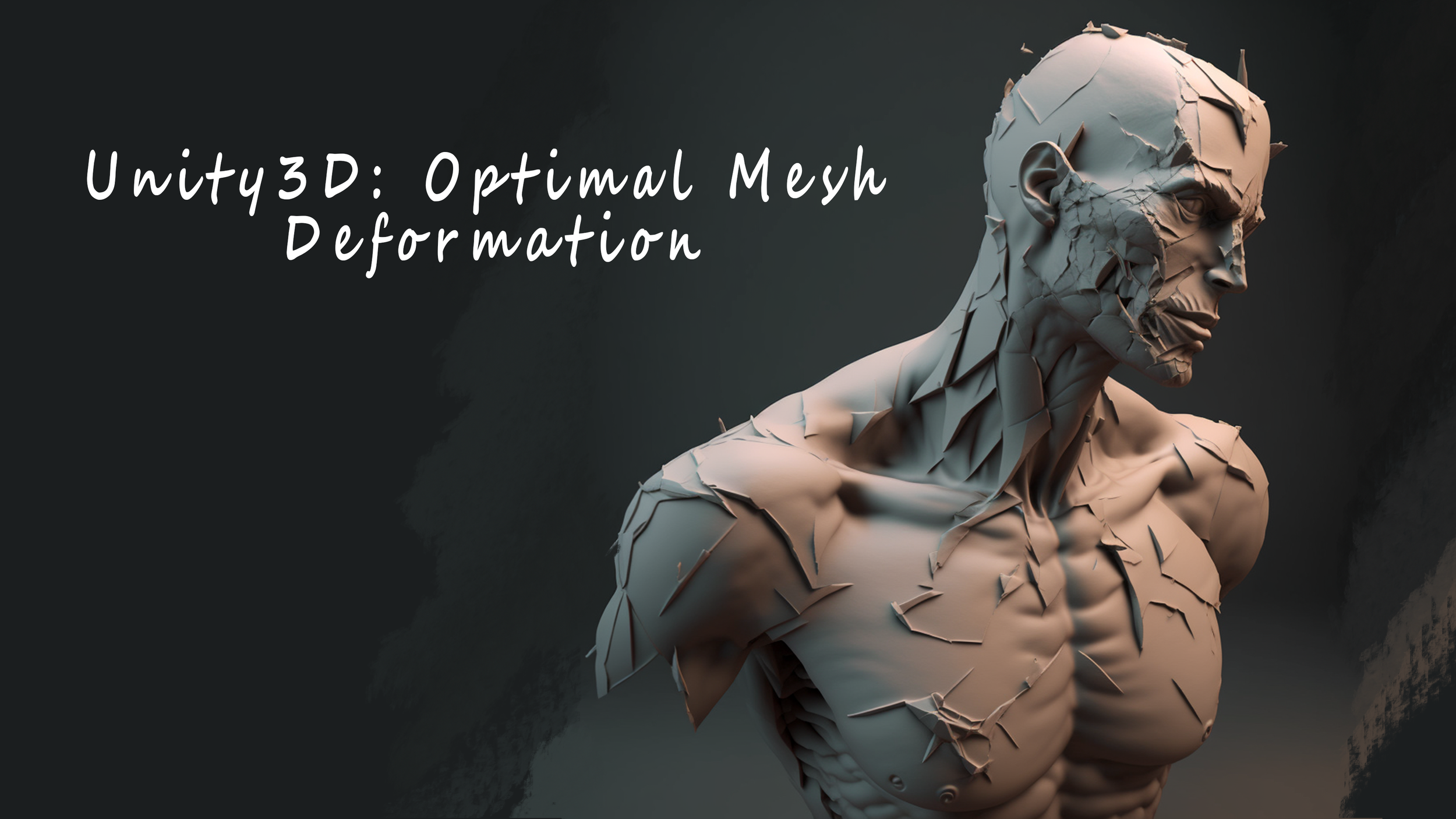
Unity3D: Optimal Mesh Deformation
Recently I’ve been playing with the idea of using this as a mechanic in a new game, and my experience so far has been tricky performance-wise, and I wanted to share how I was able to speed up the process and reduce calculation overhead with a couple of handy tools in our Unity arsenal!
